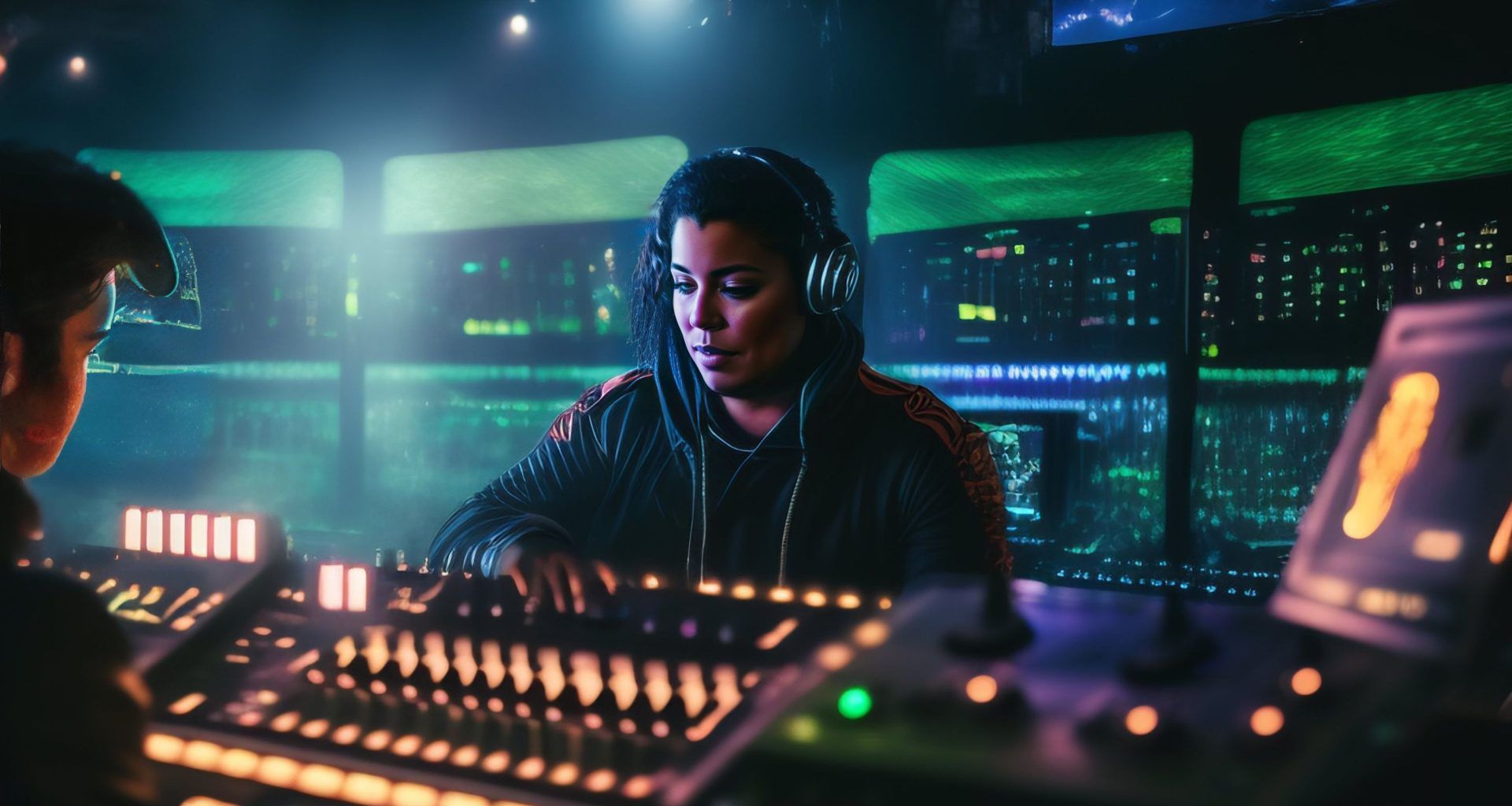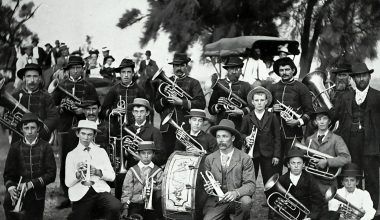Autotune in the music industry has become a staple over the past few decades, changing how music is made and heard. It started as a pitch correction tool and has become a creative instrument. Artists across genres use autotune, making it a crucial part of modern music. From the unique “robotic” voice effects popularized by artists like Cher and T-Pain to subtle pitch corrections, autotune’s impact is significant. In this blog, we will explore its history, benefits, and controversies. We’ll also look at how it continues to influence the music industry today.
The Origin and Evolution of Autotune
Autotune was first introduced by Dr. Andy Hildebrand in 1997. It was originally designed to help singers hit the right notes without needing to re-record. The software quickly became popular for making singers’ voices sound perfect. This innovation made it possible for artists and producers to ensure flawless vocal tracks.
Over time, artists began to use autotune creatively. They started to experiment with the software, creating unique vocal effects. The early 2000s saw a rise in the use of autotune, with artists like T-Pain and Cher leading the way. T-Pain, in particular, made autotune a defining feature of his music. His use of the tool gave him a signature sound that fans loved.
As autotune evolved, it became more than just a pitch correction tool. It allowed for real-time vocal manipulation, even during live performances. This made it an essential tool in modern music production. Autotune moved from being a backstage tool to becoming a central feature in many songs.
The Benefits of Autotune in Music Production
Autotune offers several benefits. One of the main advantages is its ability to correct pitch imperfections. This is useful in both live performances and studio recordings. By keeping vocals in tune, autotune ensures that songs sound polished and professional.
Artists also use autotune to experiment with their vocal styles. The robotic effect has become a signature sound in genres like hip-hop, pop, and electronic music. This effect helps artists make their songs stand out. Beyond pitch correction, autotune can create harmonies and effects that are hard to achieve otherwise.
Another benefit of autotune is that it saves time. Before autotune, producers spent hours editing and re-recording tracks to get the perfect pitch. Autotune simplifies this process. It allows artists to focus more on their performance and creativity. This efficiency is valuable, especially in high-pressure studio environments. It enables quick turnarounds, allowing more time for songwriting and mixing.
Autotune has also democratized music production. It makes it easier for independent artists to achieve professional-quality results. This tool has lowered the barrier to entry, allowing more voices to be heard.
The Controversies Surrounding Autotune
Autotune is not without controversy. Critics argue that it can mask a singer’s true talent. They say it makes it hard to tell who has real vocal skills and who relies on software. This criticism is common in pop and hip-hop, where autotune is often used heavily.
The debate about autotune’s impact on music came to a head in 2009. Jay-Z released the song “D.O.A. (Death of Autotune),” criticizing its overuse. He called for a return to traditional music production methods. This sparked a larger discussion about technology’s role in music. Some argue that autotune has led to a loss of authenticity in music.
Supporters of autotune, however, see it as just another tool. They argue that its impact depends on how it’s used. Many believe that autotune can enhance a performance without overshadowing the artist’s talent. Artists like Kanye West and Travis Scott have used it to create unique vocal styles. They have shown that autotune can be a tool for innovation.
Critics often overlook that many classic recordings have used technology to enhance sound. From tape manipulation to digital editing, technology has always been part of music production. Autotune is just another step in this evolution. The key is to use it thoughtfully and creatively.
Autotune in Different Music Genres
Autotune in the music industry has found its place in various genres. Each genre uses it in different ways. In pop music, autotune is often used to achieve a polished sound. Artists like Britney Spears and Justin Bieber use it to enhance their vocals. The tool helps create a smooth, consistent sound, ideal for mainstream pop.
In hip-hop, autotune is a defining feature. Artists like Travis Scott and Future use it to create unique vocal effects. Autotune allows them to explore melodies and harmonies that wouldn’t be possible otherwise. It adds a new dimension to the genre.
Electronic music has also embraced autotune. DJs and producers use it to create futuristic sounds. Autotune can transform vocals into otherworldly effects, making it popular in genres like EDM and synth-pop. It’s not just for pitch correction but is a key part of the creative process.
Even in genres known for natural vocals, like country, autotune has made an appearance. Artists like Jason Aldean have used it to blend traditional elements with modern production. This mix helps country music reach a broader audience.
The Future of Autotune in the Music Industry
As technology advances, the role of autotune will continue to grow. New features like formant shifting and real-time pitch correction give artists more control. These innovations make autotune an essential tool in modern music production. Mobile apps and online platforms have made it more accessible, even for amateur musicians.
The future of autotune looks bright. As genres blend and evolve, autotune will play a key role in shaping new sounds. Its versatility makes it a valuable tool for artists who want to experiment. With AI and machine learning, we may see even more advanced autotune features. These could offer unprecedented control and customization.
The rise of virtual and augmented reality in music also offers new opportunities for autotune. It could be used to create immersive, multi-sensory experiences. This new frontier is exciting and shows the potential of autotune in the music industry.
Conclusion
Autotune in the music industry has transformed music production and performance. From pitch correction to creative effects, it has reshaped how we experience music. While some criticize its use, others see it as a tool for innovation. Whether enhancing a vocal performance or creating a unique sound, autotune is here to stay. As technology evolves, autotune will continue to influence the music industry, offering new possibilities for artists and producers. Its impact on modern music is undeniable, making it an essential tool in the industry.
For further reading, explore these related articles:
- The Ultimate Guide to Music PR: Boost Your Music Career Today
- Instagram Music Promotion: A Complete Guide for Musicians
For additional resources on music marketing and distribution, visit Deliver My Tune






